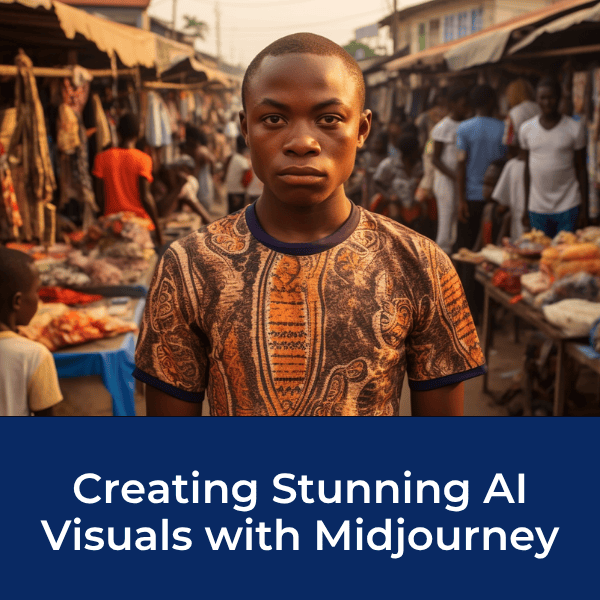Birth Time | Documentary Review
by Gloria Bobbie
(Plattsburgh, NY)
ACADEMIC (abbreviated) REVIEW OF “BIRTH-TIME…THE DOCUMENTARY” https://www.birthtime.world/
I accidentally stumbled across this and find that it offers great value to our understanding of the effects of the medicalization of the birth experience, so I am sharing this to create an awareness of a valuable resource and why I find it to be a valuable resource.
PRODUCTION: Produced by Eagle Rose Productions and Sparry Studios, the film follows the journey of three women, Zoe Naylor, Jo Hunter and Jerusha Sutton, as they travel across Australia to learn why women are emerging from the birth both physically and emotionally traumatized. The video was four years in the making with delays due to COVID and was released in 2020.
CONTEXT AND ACCURACY: During the late 1990’s through the early 2000’s, the medicalization of health and healthcare was prominent in research among the disciplines and there was a strong focus on the medicalization of pregnancy and birth. As the abortion issue became a dominant topic in the political arena, focus was redirected and it was the COVID pandemic reintroduced the topic as interest in home birth rose because of fear of giving birth in hospitals filled with COVID patients.
The film features many interviews with experts in the field who substantiate the claims made. In addition, our academic databases are filled with papers and articles which share the same information. We have long known about the psychosocial conditions, increasing trends in C-sections in both developed and developing world, the racial and ethnic implications, Postpartum depression and PTSD after delivery, politicization of pregnancy and birth and other related issues. There is no dearth of literature on the subject. So, why is this documentary an important addition?
VALUE ADDED: I feel this documentary is a valuable addition to our resources because:
1. It humanizes the words on paper that are in the journals that we so often rely on in the academy. It puts faces and voices on those about whom the papers speak. Listening to the women speak of their experiences and trauma they incurred, fosters a better understanding of the problems inherent in our systems.
2. It gives voice to often overlooked fathers and partners whose roles are often undefined and who often feel like “helpless spectators” or feel that they are in the way during the birth process. The value of their support during the birthing process is well explained and illustrated.
3. It gives voice to an often overlooked segment of the world population, indigenous and minority women, for whom a connection to their own cultural norms and values is often missing.
4. It is not a condemnation of and does not put blame on those in the medical field and explains how they themselves are often compelled to participate in a system in which they do not fully believe.
5. The video offers solutions, not just a statement of the problem, by discussing what it would take to change the system to make birth physically and emotionally safer.
RECOMMENDATION:
I do recommend this video/documentary for use in multiple disciplines which have an interest in gender issues throughout the globe. The video can be viewed at Birth Time World https://www.birthtime.world/ ). I will be incorporating this documentary in my Global Issues course unit on world health. **NOTE**: I have no financial incentives for this review.
Gloria Bobbie
Department of Anthropology
State University of New York - Plattsburgh
Ready To Make Your Dream Documentary?
Sign up for our exclusive 7-day crash course and learn step-by-step how to make a documentary from idea to completed movie!
















